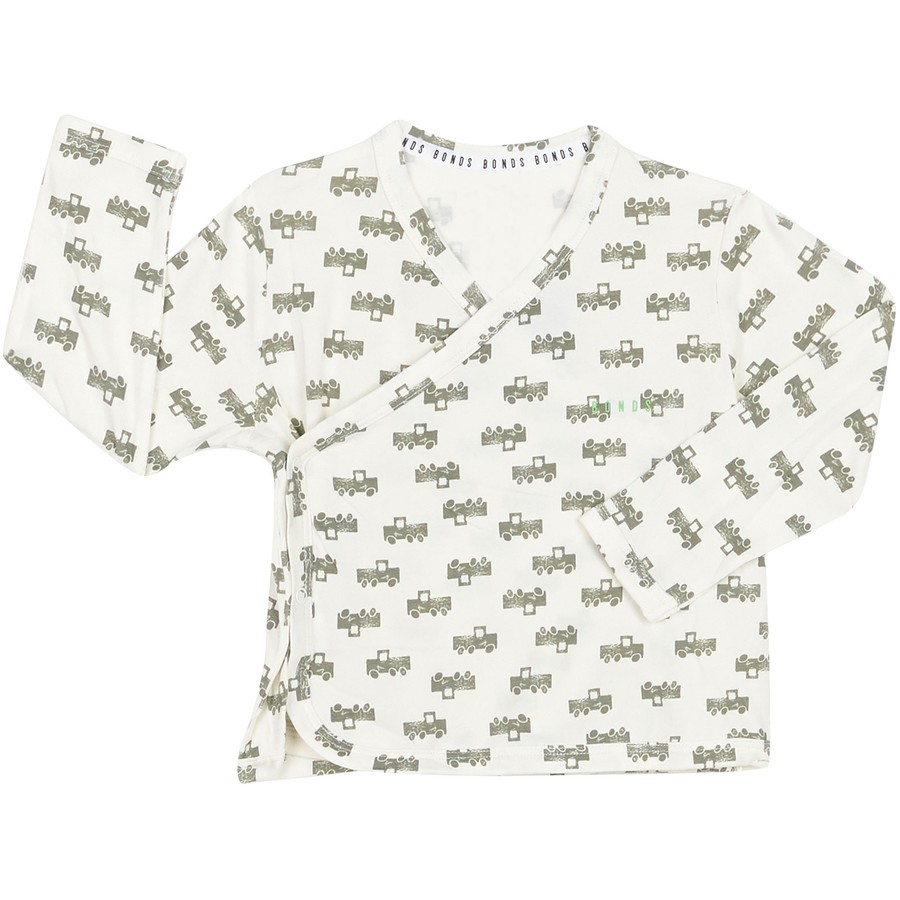
I’m excited to delve into the fascinating world of bamboo and its minimalist needs.
In this article, we will explore how bamboo demonstrates impressive efficiency in water consumption.
We’ll also take a closer look at the minimal land footprint of bamboo plantations and the plant’s low requirements for fertilizers and pesticides.
Additionally, we’ll unveil the energy efficiency of bamboo processing and investigate its reduced carbon footprint and emissions.
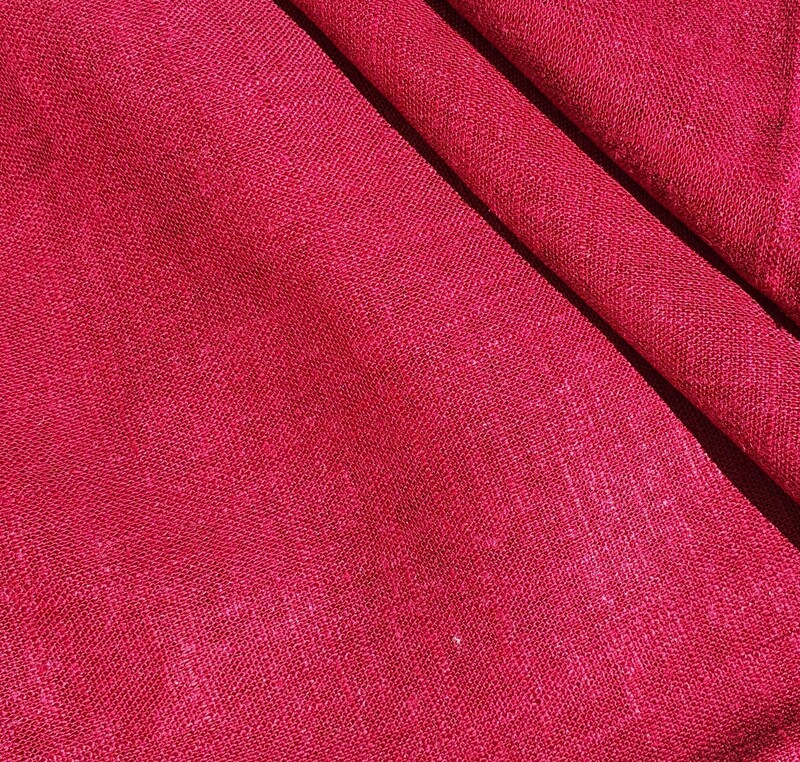
Lastly, we’ll analyze the minimal waste generation in bamboo production.
Let’s get started!
Key Takeaways
- Bamboo’s unique root system efficiently absorbs and utilizes water
- Bamboo requires less water compared to other plants
- Bamboo’s rapid growth and low water requirements make it environmentally friendly
- Bamboo processing minimizes resource requirements compared to other materials
Understanding Bamboo’s Efficiency in Water Consumption
Bamboo’s efficiency in water consumption is one of its key advantages. As a plant, bamboo has adapted to thrive in environments with limited water availability. It has developed a unique root system that efficiently absorbs and utilizes water. The bamboo plant’s roots can quickly reach deep into the soil, allowing it to access water sources that other plants cannot.
Additionally, bamboo leaves have a waxy coating that helps to reduce water loss through evaporation. This means that bamboo requires less water compared to other plants, making it a sustainable and environmentally friendly choice. Its ability to efficiently use water not only benefits the plant itself but also contributes to conserving water resources in the surrounding ecosystem.
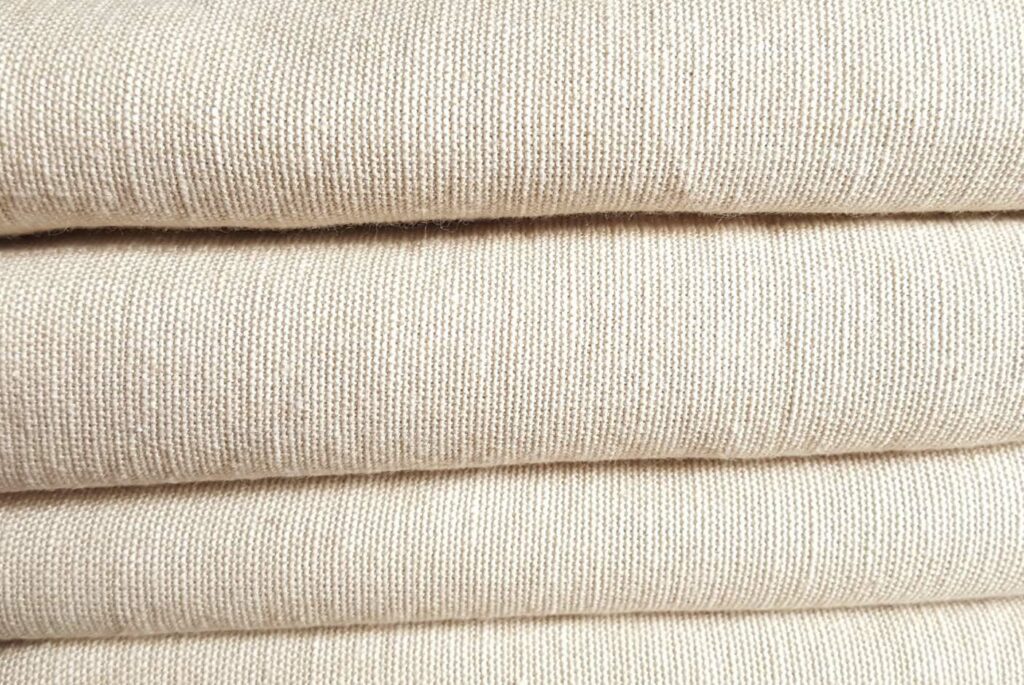
Examining the Minimal Land Footprint of Bamboo Plantations
When it comes to efficient land utilization, bamboo stands out as a remarkable option. Its ability to grow densely allows for maximum use of available land, making it an ideal choice for sustainable growth practices.
Additionally, bamboo offers numerous environmental benefits, such as soil erosion prevention and carbon sequestration, making it a valuable asset in the fight against climate change.
Efficient Land Utilization
To efficiently utilize your land, you can rely on bamboo’s ability to thrive in diverse environments. Bamboo is a versatile plant that can adapt to various soil types and climates. It doesn’t require extensive water resources like other crops, making it ideal for areas with limited access to water.
Additionally, bamboo’s rapid growth rate allows for higher yields in a shorter amount of time, maximizing land productivity. Its dense root system helps prevent soil erosion and improves soil quality, making it an excellent choice for land conservation.

Furthermore, bamboo’s ability to grow in dense clusters provides additional benefits, such as shade and windbreaks, enhancing the overall efficiency of land utilization.
With bamboo, you can make the most out of your land while minimizing resource requirements.
Sustainable Growth Practices
By using sustainable growth practices, you can ensure that bamboo continues to thrive and contribute to land conservation efforts.
Bamboo is a remarkably resilient plant, capable of thriving in a variety of climates and soil conditions. To promote sustainable growth, it is important to choose bamboo species that are native to your region and can adapt well to local conditions.
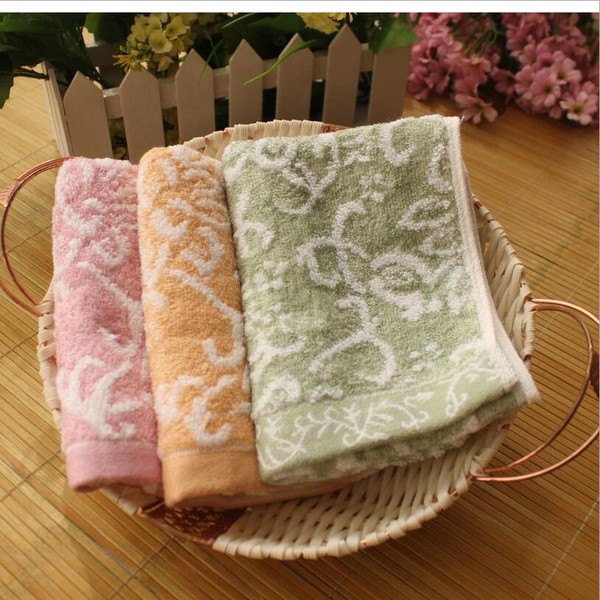
Additionally, practicing proper planting techniques, such as spacing the bamboo adequately and providing sufficient water and nutrients, will help promote healthy growth. Regular pruning and maintenance are also crucial to prevent overcrowding and ensure optimal growth.
Environmental Benefits of Bamboo
The environmental benefits of bamboo are numerous. It not only acts as a natural carbon sink, absorbing more carbon dioxide than other trees, but it also helps prevent soil erosion due to its extensive root system. Bamboo is a remarkable plant that has captured my attention. This hardy plant requires minimal resources to grow, making it a sustainable choice for various applications.
Bamboo grows rapidly, reaching maturity within a few years, and requires less water than traditional crops. Additionally, bamboo does not require pesticides or fertilizers, making it a natural and eco-friendly alternative. Its versatility and sustainability make bamboo an excellent choice for a variety of purposes while contributing to a healthier environment.
Exploring Bamboo’s Low Fertilizer and Pesticide Requirements
When it comes to discussing the low fertilizer and pesticide requirements of bamboo, there are several key points to consider.
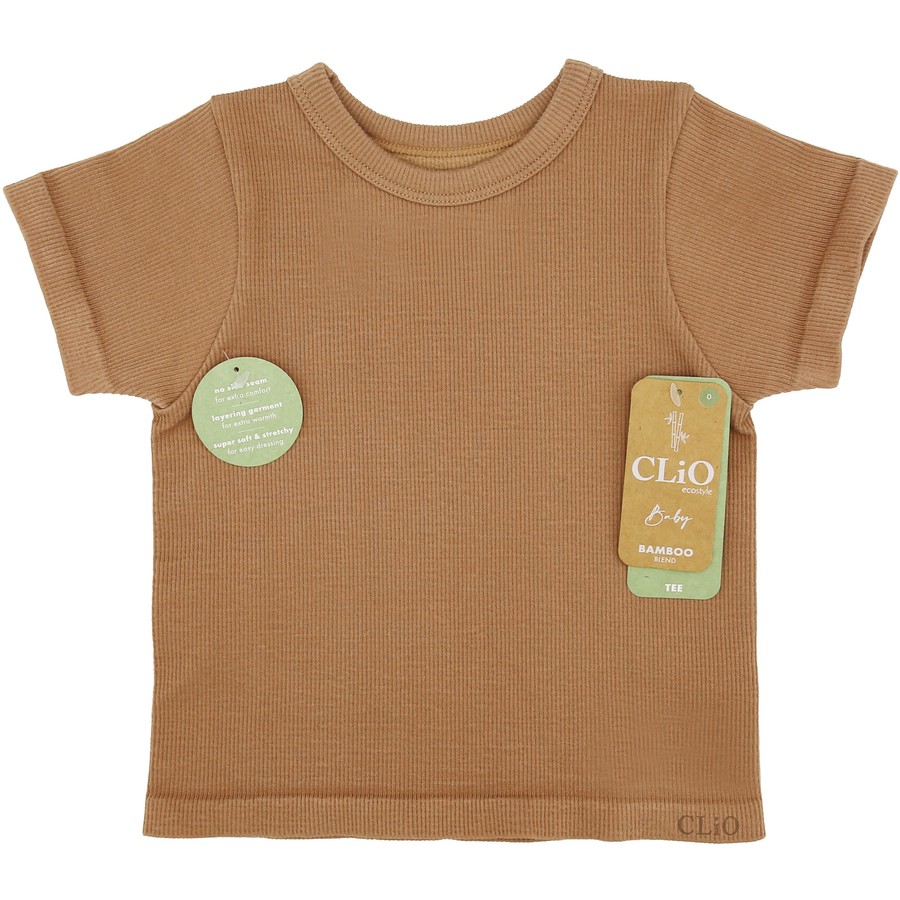
First and foremost, bamboo possesses natural pest resistance, which means it can thrive without the need for excessive chemical interventions.
This not only benefits the environment by reducing the use of harmful pesticides, but it also promotes sustainable farming practices that prioritize the health of both the plant and the surrounding ecosystem.
Natural Pest Resistance
Bamboo’s natural pest resistance makes it an ideal choice for sustainable agriculture. As a farmer, I’ve always struggled with pests damaging my crops and the constant need for pesticides.
However, when I started growing bamboo, I was pleasantly surprised by its ability to withstand pest attacks. The natural compounds present in bamboo, such as bamboo Kun, act as a natural deterrent for pests. This means I can reduce or even eliminate the use of chemical pesticides, making my farming practices more environmentally friendly.
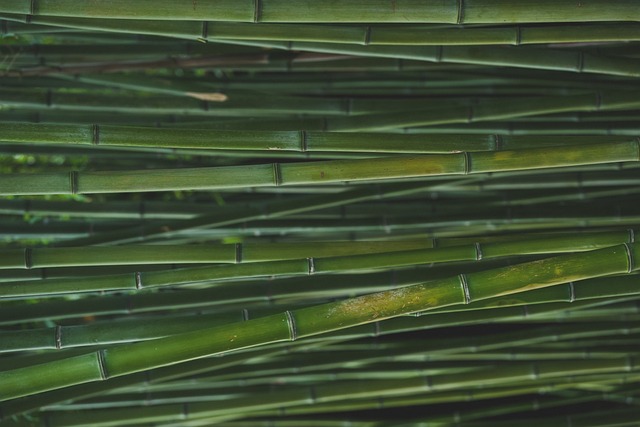
Not only does this save me money on pesticides, but it also reduces the negative impact on the ecosystem. Bamboo’s natural pest resistance has truly transformed my farming experience and made me a believer in sustainable agriculture.
Environmental Benefits of Bamboo
One of the environmental benefits of bamboo is its ability to absorb large amounts of carbon dioxide from the atmosphere. It’s amazing to think that this humble plant can help combat climate change by reducing greenhouse gases.
As a natural carbon sink, bamboo plays a crucial role in capturing and storing carbon, making it an excellent choice for sustainable building materials and reforestation efforts.
Not only does bamboo absorb carbon dioxide, but it also releases oxygen into the air, making it a vital contributor to clean and healthy air quality.

I find it fascinating how a simple plant like bamboo can have such a significant impact on the environment. It’s just one more reason why I am passionate about promoting the use of bamboo in various industries.
Sustainable Farming Practices
You can implement sustainable farming practices to ensure the long-term health and productivity of your crops. By adopting these practices, I’ve seen significant improvements in the overall sustainability of my farm.
One key practice is crop rotation, where different crops are planted in a specific sequence to replenish nutrients in the soil. This helps prevent soil erosion and maintains soil fertility.
Additionally, I’ve started using organic fertilizers and natural pest control methods, reducing the reliance on chemical inputs.
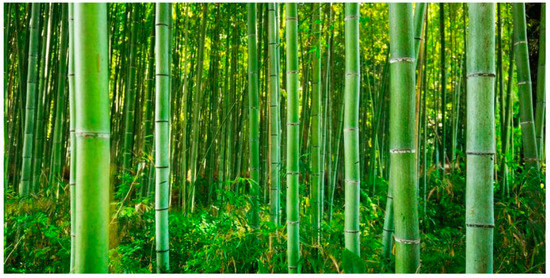
Another practice I follow is water conservation, using drip irrigation systems and rainwater harvesting techniques. This not only reduces water wastage but also lowers my water bills.
Overall, implementing sustainable farming practices has not only benefited the environment but has also improved the quality and yield of my crops.
Unveiling the Energy Efficiency of Bamboo Processing
Unveiling the energy efficiency of bamboo processing, it’s remarkable how little resources are required.
As I delve into the world of bamboo processing, I am struck by the minimalistic approach it takes. Unlike other materials, bamboo doesn’t demand extravagant amounts of water, fertilizer, or energy during its growth and processing stages. It thrives in diverse climates, requiring minimal irrigation and no chemical fertilizers.
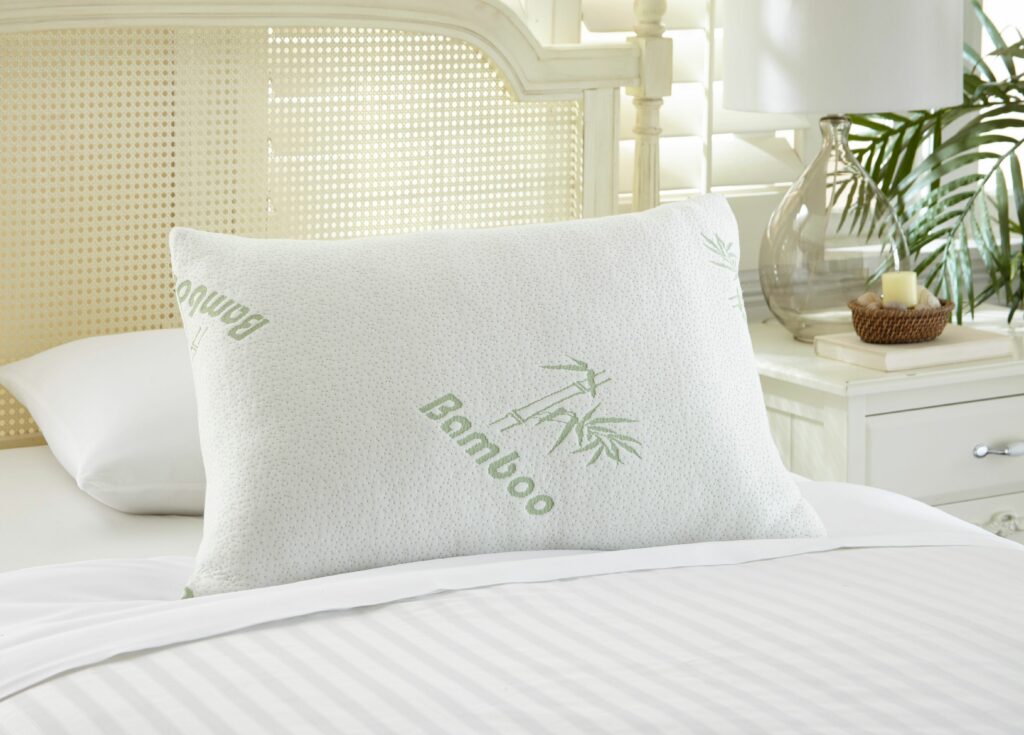
When it comes to processing, bamboo is equally impressive. Its strong and flexible nature allows for efficient cutting, shaping, and molding, reducing the need for excessive energy consumption. Additionally, bamboo can be easily harvested and transported, further minimizing its carbon footprint.
From start to finish, bamboo’s energy efficiency shines through, making it an ideal choice for sustainable and eco-friendly practices.
Investigating Bamboo’s Carbon Footprint and Reduced Emissions
Take a closer look at how bamboo cultivation and processing contribute to lower carbon emissions and environmental impact.
Bamboo, with its rapid growth and minimal resource requirements, is a sustainable alternative to traditional building materials. As a bamboo farmer, I have witnessed firsthand how this plant absorbs more carbon dioxide and releases more oxygen compared to other crops.
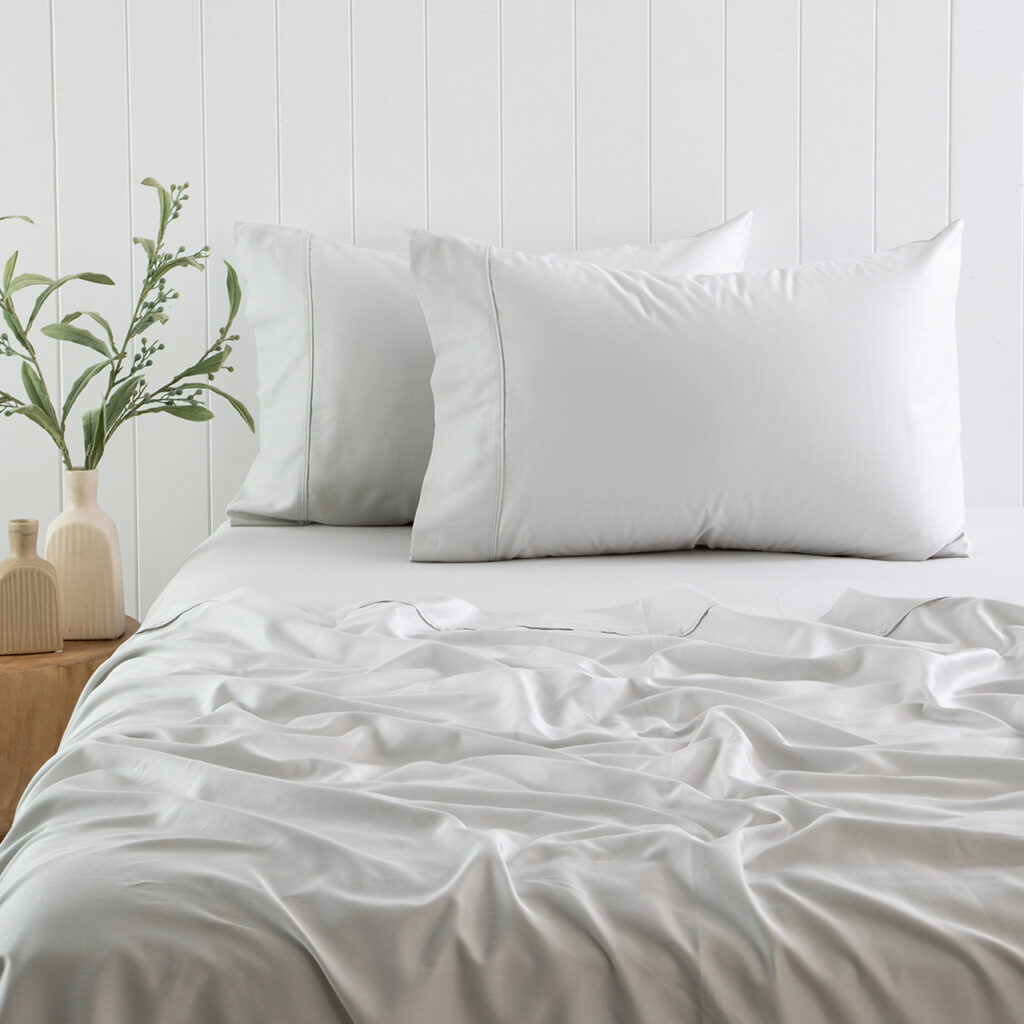
Moreover, the manufacturing process of bamboo products emits fewer greenhouse gases than that of materials like steel or concrete. The carbon footprint of bamboo is significantly lower because it requires less energy and water during processing.
Analyzing the Minimal Waste Generation in Bamboo Production
With its efficient growth and production process, bamboo generates minimal waste compared to other materials.
As a bamboo farmer, I am constantly amazed by how little waste is produced during the cultivation and harvesting of this incredible plant. Unlike other materials, where large amounts of waste are generated during manufacturing and processing, bamboo requires minimal processing to be transformed into useful products.
The entire bamboo plant is utilized, from the sturdy culms that are used for construction to the leaves that are turned into nutrient-rich compost. Even the scraps and offcuts are repurposed for crafts or as biomass for energy production.
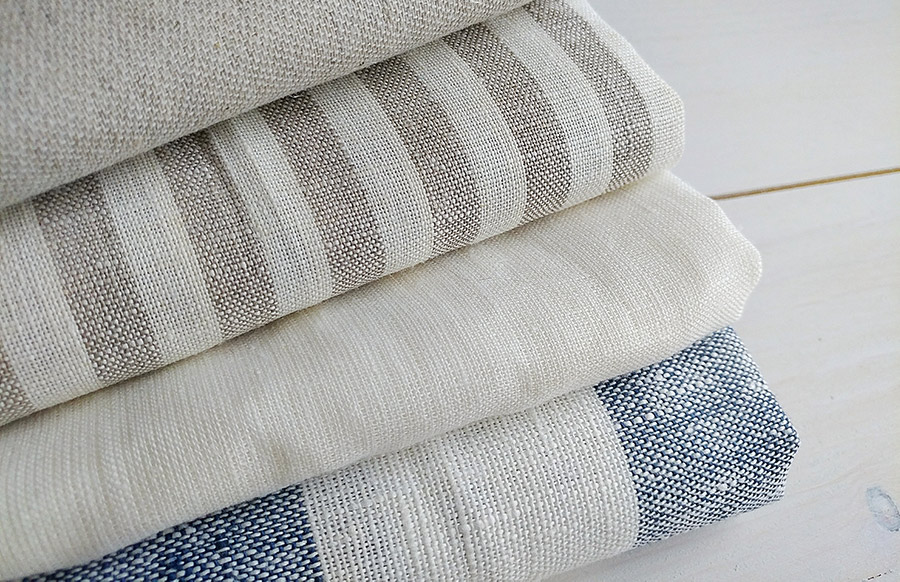
It’s truly a sustainable and eco-friendly material that leaves a minimal footprint on the environment.
Frequently Asked Questions
How Does Bamboo Compare to Other Plants in Terms of Water Consumption?
Bamboo’s water consumption is significantly lower compared to other plants. It requires less water to grow and survive, making it an eco-friendly choice. This reduced resource requirement contributes to its minimalist needs.
What Is the Average Land Area Required for Bamboo Plantations?
The average land area required for bamboo plantations varies depending on factors like species and growth rate. However, bamboo generally requires less land compared to other crops, making it an efficient and sustainable option.
Are There Any Specific Fertilizers or Pesticides That Are Recommended for Bamboo Cultivation?
There aren’t any specific fertilizers or pesticides recommended for bamboo cultivation. However, it’s important to provide adequate nutrients and manage pests to ensure healthy growth.
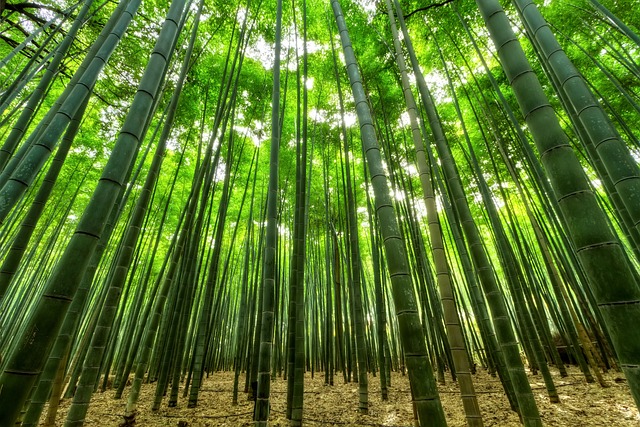
How Energy-Efficient Is the Process of Converting Bamboo Into Usable Products?
Converting bamboo into usable products is an energy-efficient process. It requires minimal resources and produces less waste compared to other materials. Bamboo’s natural strength and fast growth make it a sustainable and eco-friendly choice.
What Is the Carbon Footprint of Bamboo Production Compared to Other Industries?
Compared to other industries, the carbon footprint of bamboo production is significantly lower. It requires fewer resources and emits fewer greenhouse gases. This makes it a more sustainable and environmentally friendly option.
Conclusion
In conclusion, exploring bamboo’s reduced resource requirements has highlighted its immense potential as a sustainable and eco-friendly alternative.
From its efficient water consumption and minimal land footprint to its low fertilizer and pesticide requirements, bamboo proves to be an environmentally conscious choice.
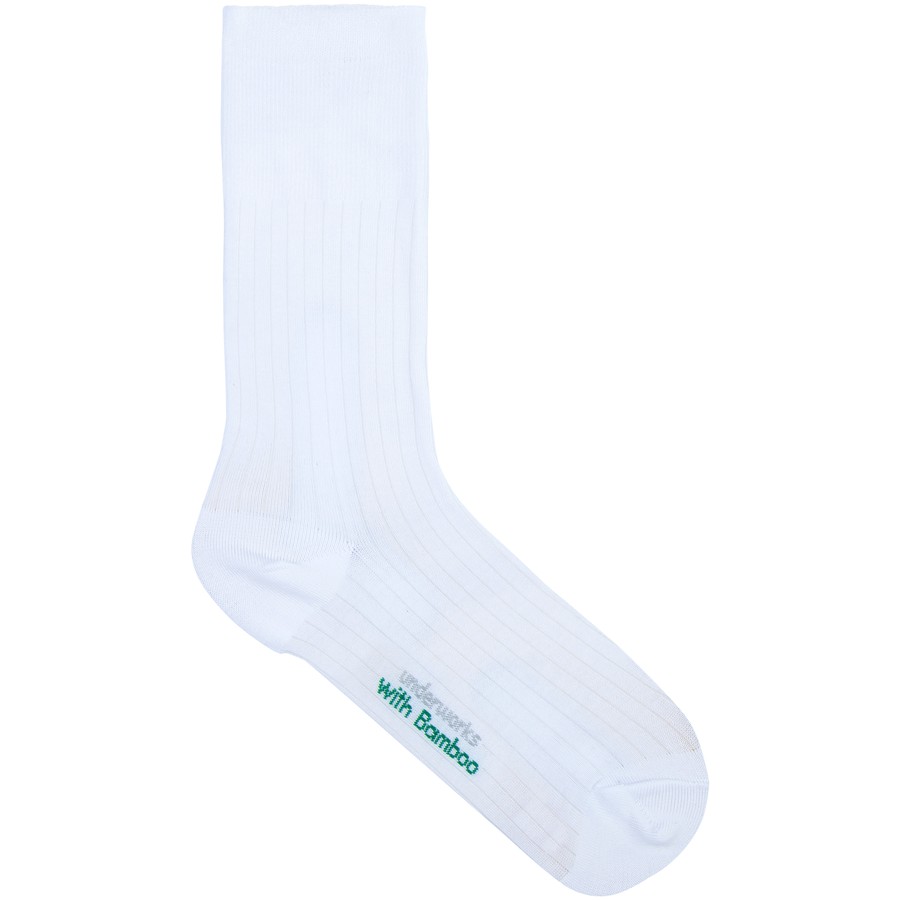
Additionally, the energy efficiency of bamboo processing and its reduced carbon emissions further solidify its appeal.
Lastly, the minimal waste generation in bamboo production further emphasizes its sustainability.
Overall, bamboo’s minimalist needs make it a compelling option for a greener future.
